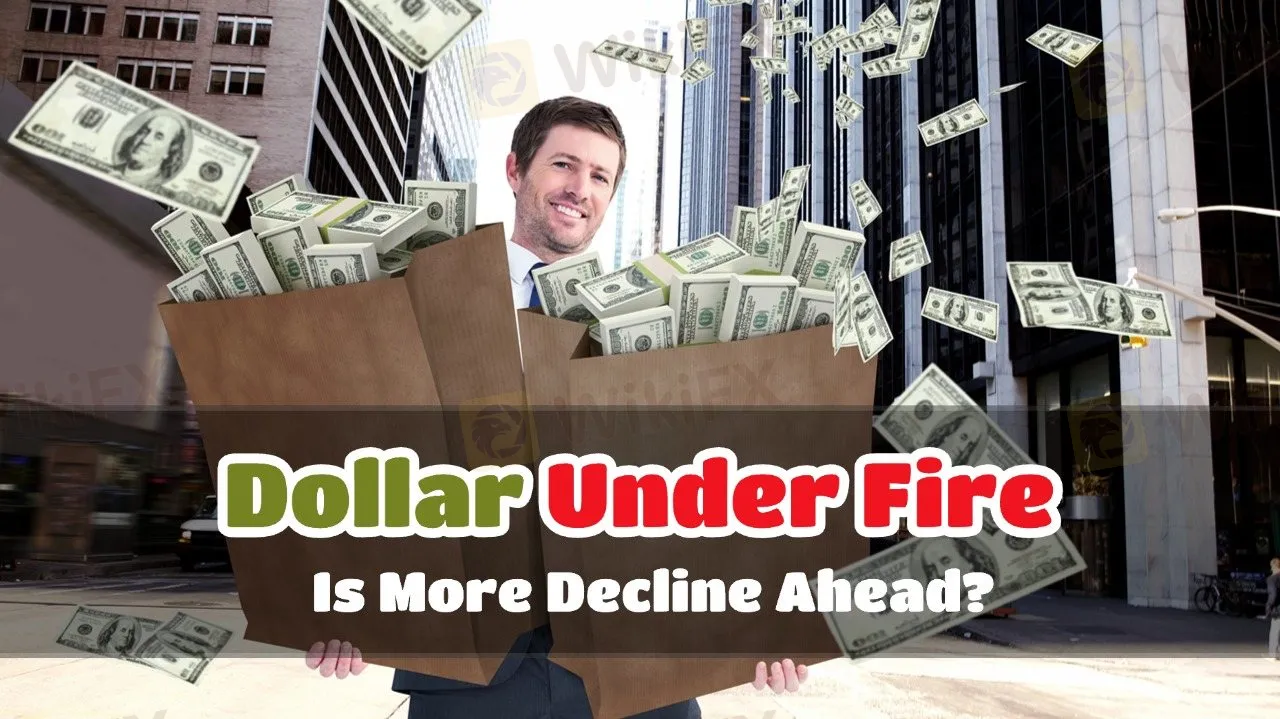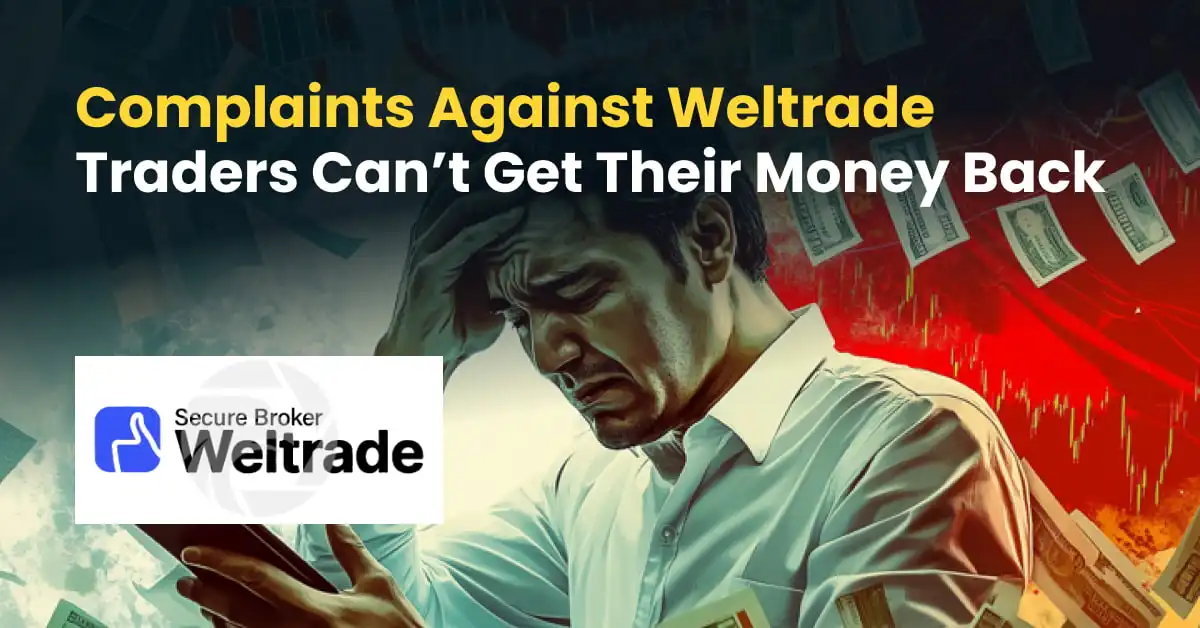简体中文
繁體中文
English
Pусский
日本語
ภาษาไทย
Tiếng Việt
Bahasa Indonesia
Español
हिन्दी
Filippiiniläinen
Français
Deutsch
Português
Türkçe
한국어
العربية
Dollar Under Fire—Is More Decline Ahead?
Abstract:The dollar faces its biggest decline of the year, strong-dollar logic challenged.

Last week, the U.S. dollar experienced its steepest decline of the year, dropping more than 3% in a single week.
The European Union and Germany broke fiscal constraints to increase defense spending, pushing the euro and European bond yields sharply higher. Non-U.S. currencies strengthened across the board, with the Swedish krona, euro, and Norwegian krone posting significant gains.
In contrast, the Canadian and Australian dollars saw limited gains due to shifting market risk sentiment. The dollars continued breakdown suggests a potential long-term trend reversal may be underway.
The fundamental logic behind the strong dollar is facing mounting pressure. The Trump administration's tax cuts have been progressing slowly, while fiscal tightening is becoming more evident. Additionally, tariffs have been used more as a negotiation tool rather than as a means to truly restrict trade, failing to provide meaningful support for the dollar.
Furthermore, Europe‘s increased fiscal spending could prompt other economies to follow suit, narrowing interest rate differentials between the U.S. and other countries, further weakening the dollar’s advantage.
Future Challenges for the Dollar
If the U.S. continues its path of fiscal tightening while its trade partners adopt more aggressive fiscal stimulus policies, the dollar's attractiveness may decline further. In addition, uncertainties in the global economic environment, fluctuations in U.S. Treasury yields, and geopolitical factors could all play a crucial role in shaping the dollars future trajectory.
Given the potential weakness of the dollar, investors should closely monitor global economic policy shifts, particularly major economies fiscal policy changes.
A well-diversified portfolio, with exposure to non-U.S. currencies and safe-haven assets, could help mitigate risks and navigate potential market volatility.
Disclaimer:
The views in this article only represent the author's personal views, and do not constitute investment advice on this platform. This platform does not guarantee the accuracy, completeness and timeliness of the information in the article, and will not be liable for any loss caused by the use of or reliance on the information in the article.
Read more

Malaysian Finfluencers Could Face RM10 Million Fine or 10 Years in Prison!
A new regulatory measure by the Securities Commission Malaysia (SC) is set to change the country’s online trading and financial influencer landscape. Starting 1 November 2025, any trader or influencer caught promoting an unlicensed broker could face a fine of up to RM10 million, a prison sentence of up to 10 years, or both.

Juno Markets: A Closer Look at Its Licenses
When selecting a broker, understanding its regulatory standing is an important part of assessing overall reliability. For traders seeking to protect their capital, ensuring that a platform operates under recognised and stringent oversight can make all the difference. Keep reading to learn more about Juno Markets and its licenses.

Complaints Against Weltrade | Traders Can’t Get Their Money Back
Opening a trading account and watching your capital grow can feel exciting and full of promise until the moment you realise you cannot get your money back. That’s when the dream turns into a nightmare. Recent complaints submitted to WikiFX reveal an unsettling pattern seen at Weltrade where deposits vanish, withdrawals stall for days or even months, and support channels lead nowhere.

WikiFX Community Event Series, “Thailand Elites’ View”
WikiFX launched the “Thailand Elites’ View” event in its official community, featuring heavyweight guests from the Elites Club who shared their insights on the current state of Thailand’s forex market, compliance trends, and the building of investor confidence.
WikiFX Broker
Latest News
What Is Indices in Forex? A Beginner’s Guide to Trading Forex Indices
FBI Issues Urgent Warning on Crypto Recovery Scams
Robinhood Moves Toward MENA Expansion with Dubai DFSA License Application
How to Use Retracement in Trading
CySEC warns the public against 17 investment websites
Fake Trader Faces 20 Years & RM9 Million Fine for RM1.45 Mil Derivatives Scam
Complaints Against Weltrade | Traders Can’t Get Their Money Back
WikiFX Community Event Series, “Thailand Elites’ View”
Juno Markets: A Closer Look at Its Licenses
Germany's Industrial Core Is Collapsing Under The US Trade Deal And The Green Agenda
Currency Calculator


